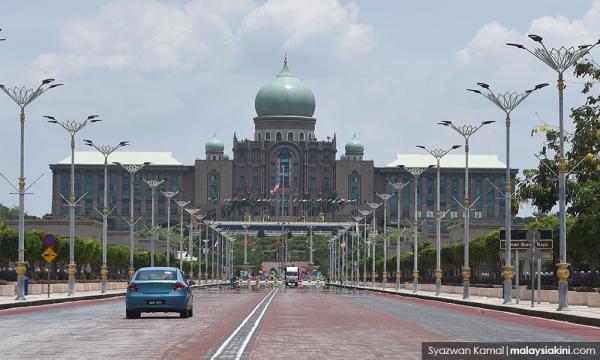Numerous Perikatan Nasional MPs have been appointed as heads of GLCs, government agencies and newly-created diplomatic positions over the past two months.
Most of these positions were filled by technocrats in the past. This suggests that politics, not merit, is the main consideration for the current administration.
In order to understand the politics behind the appointments, Malaysiakini explored the composition of three key appointments.
The first is cabinet positions, second deputy ministerships and third, appointments as heads of GLCs, government agencies, boardrooms and special diplomatic positions.
Checks with past administration figures revealed that cabinet ministers, apart from the prime minister, conventionally are not given a carte blanche to appoint key figures in government agencies or boardrooms under their respective ministries.
The candidates would be vetted by the Prime Minister's Office and other relevant authorities.
First runner-up wins
Traditionally, the biggest party in a ruling coalition will appoint members of its allied parties to the three categories with some semblance of proportionality based on the number of seats won.
This tradition was upended during the Pakatan Harapan administration when Bersatu - the smallest party in the coalition - held a disproportionate number of cabinet and deputy minister positions than its allies.
To understand how proportionality in PN works, this analysis will assume that the coalition has 113 MPs based on the developments in the Dewan Rakyat on Monday...


